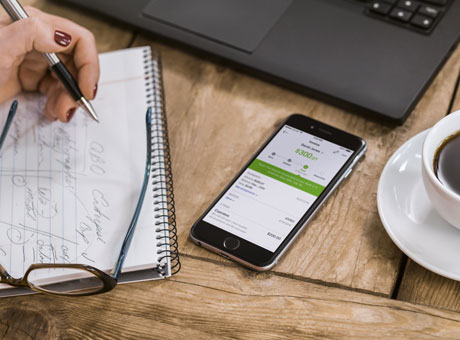When someone mentions accounting methods, they refer to the set of rules that their company uses to decide when its revenue and expenses are recognized in their book of accounts. There are two main types of accounting methods that dictate these rules for businesses- accrual accounting and cash accounting.
These two methods each come with a distinct set of rules on when to use them and how. Which one you decide to use will depend upon your company’s needs and requirements.
So which accounting method should your small business choose?



